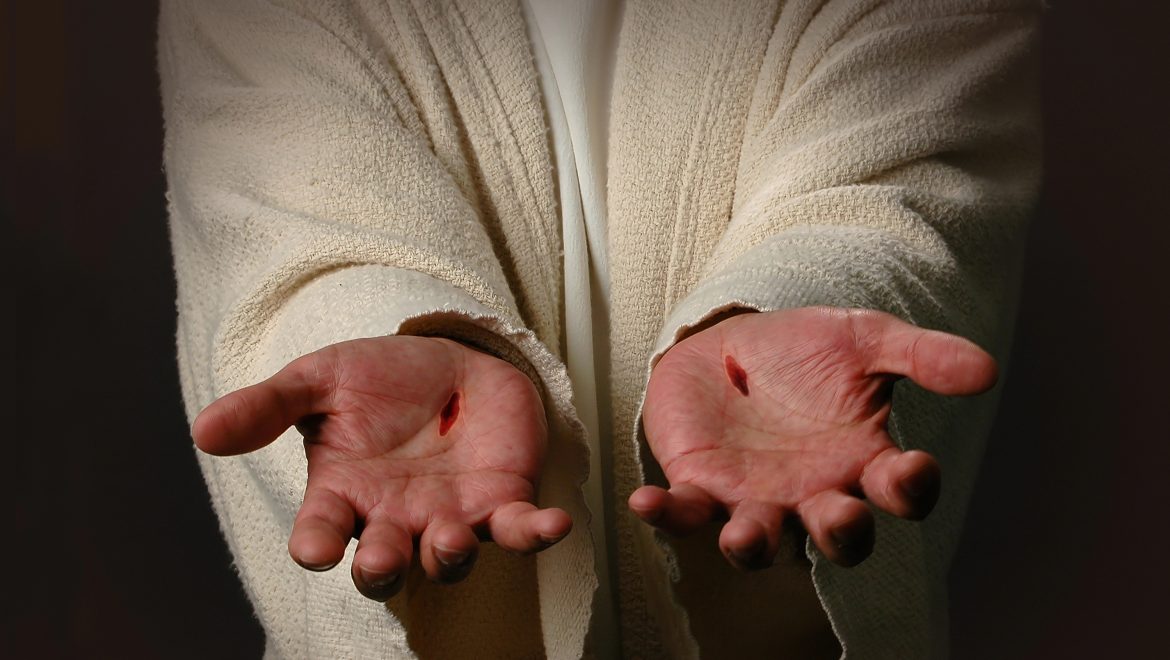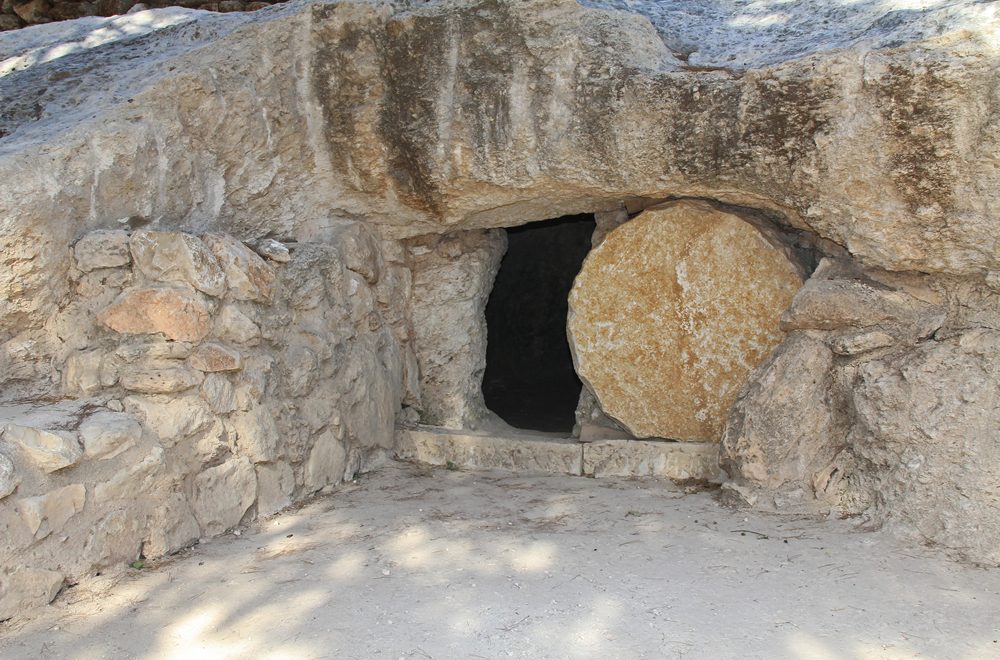Eve – The Mother of All
The name ‘Eve’ in Hebrew is ‘Hawwāh’ and is most commonly believed to mean ‘living one’ or ‘source of life’. She is also called ‘Woman’ because she was taken out of a ‘Man’ (Genesis 2:23). ‘Woman’ is more of a generic designation than a name, and is associated with Eve’s relation to Adam, a relationship she was created to fulfil. Eve is mentioned only four times in whole of the Bible (Gen. 3:20; 4:1 and 2 Cor. 11:3; 1 Tim. 2:13).
Think about this – Eve was the last living thing to be personally created by the almighty God! Eve was the reason why the Creator God for the first time said that his creation was ‘not good’ (Gen. 2:18). Everything else God created was good, but for the first time God looked at his creation and said that it is not good for Adam to be alone. Eve was the last piece of the Creator’s grand puzzle after which the creation was then finally complete and perfect. Moreover, Eve was not made from the dust of the ground like her husband Adam, but she was carefully designed from living flesh, bone and blood. If Adam was God’s greatest creation, then Eve was the glorious refinement of this greatest creation. She was a unique being who never was a child, a daughter, a sister or a maid. Eve not only completed Adam, but she also completed the whole of creation.
Have you ever thought that Adam never asked for a wife! God never approached Adam as asked him ‘Adam, do you want a wife?’ or ‘what qualities and features do you want in your wife?’. Adam never realised that he needed a wife, but God saw the need of a companion. You know what this means? This is a beautiful illustration of how God knows beforehand what we need even before we realise our need. Every gift flows from the sovereign will of our heavenly Father (James 1:17).
Unfortunately, or fortunately, the scripture does not mention any of her physical characteristics. However, we can safely assume that she must have been beautiful, unblemished by any defect, disease or imperfection. One biblical scholar calls her ‘the flawless archetype of feminine excellence’. Whilst saying that today our media and cosmetic companies are obsessed with image, cosmetics, body shapes, skin colour and other external features of the female body. Disagreeing to the popular notion, I think the most magnificent beauty for any woman lies in her character, and especially for a Christian woman it lies in both her character and her faith in the Lord Jesus Christ. Men should desire these qualities in women more than anything else.
Another remarkable aspect of the creation of Eve is the beautiful illustration of the relationship between husband and wife. The Puritan Bible Commentator, Rev Matthew Henry wrote this in his famous six-volume biblical commentary – ‘The woman [Eve] was made of a rib out of the side of Adam; not made out of his head to rule over him, nor out of his feet to be trampled upon by him, but out of his side to be equal with him, under his arm to be protected, and near his heart to be beloved’. The intimacy, friendship, mutual love and respect for each other come because she was created from his side, and they both are equally made in the image of God. Thought-provoking, isn’t it?











